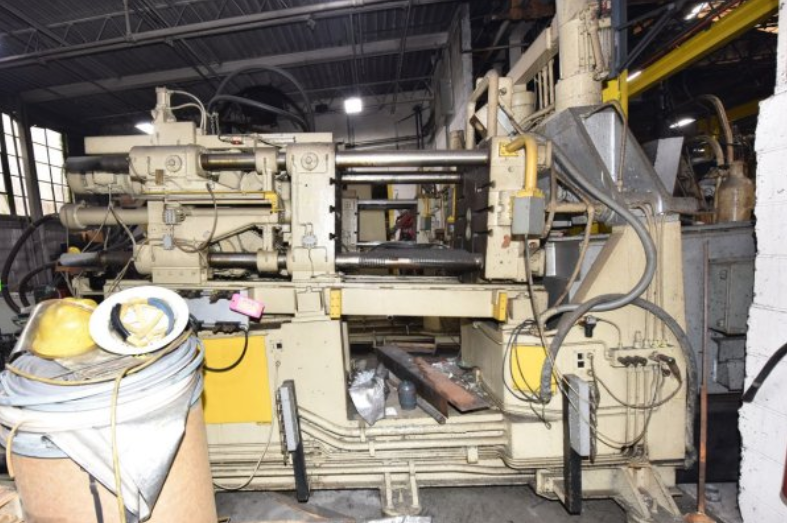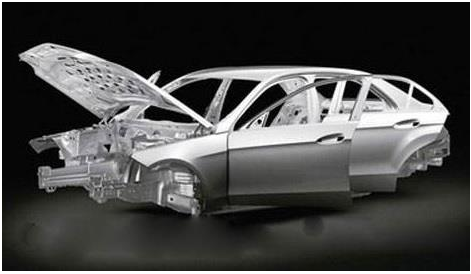Aluminum casting is a widely used manufacturing process that involves pouring molten aluminum into a mold to form complex shapes. The resulting aluminum casting parts are known for their durability, strength, and lightweight properties, making them ideal for a variety of industries such as automotive, aerospace, and electronics. In this article, we will delve into the process of manufacturing high-quality aluminum casting parts and explore the benefits they bring to various sectors.
The first step in manufacturing high-quality aluminum casting parts is the design and creation of molds. Molds are crucial as they determine the final shape and dimensions of the cast parts. Advanced computer-aided design (CAD) software is used to create precise and intricate molds that meet the exact specifications required by customers. The molds are typically made from steel or other heat-resistant materials to withstand the high temperatures of the molten aluminum.
Once the mold is ready, the actual casting process begins. The first step is to melt the aluminum. High-quality aluminum ingots are loaded into a furnace and heated to a specific temperature, usually above 660 degrees Celsius. At this temperature, the aluminum transforms into a liquid state, ready for casting. It is important to use high-quality aluminum ingots to ensure the final product\’s integrity and strength.
The molten aluminum is then poured into the mold using various techniques, such as gravity casting or pressure casting. Gravity casting involves pouring the molten aluminum into the mold and allowing it to fill the cavity naturally. Pressure casting, on the other hand, utilizes external forces to force the molten aluminum into the mold, resulting in higher precision and reduced defects. The choice of casting technique depends on the complexity of the part and the desired quality.
After the aluminum has solidified in the mold, the next step is to remove the casting. This is done by either breaking the mold or using release agents to facilitate the separation. Once the casting is free, it undergoes a series of finishing processes, including trimming excess material, sandblasting, and polishing. These processes ensure that the casting meets the required dimensional accuracy and surface finish.
One of the key advantages of manufacturing aluminum casting parts is their lightweight nature. Aluminum is approximately one-third the weight of steel, making it an excellent choice for industries that require lightweight components without compromising strength. This weight reduction contributes to improved fuel efficiency in the automotive industry and increased payload capacity in the aerospace sector.
In addition to being lightweight, aluminum casting parts also exhibit excellent corrosion resistance. Aluminum naturally forms a protective oxide layer that prevents rust and corrosion, making it suitable for applications in harsh environments. This corrosion resistance extends the lifespan of aluminum casting parts and reduces maintenance costs.

Furthermore, aluminum casting allows for the production of complex shapes with tight tolerances. The flexibility of the casting process enables intricate designs that would be challenging or costly to achieve using other manufacturing methods. This versatility opens up possibilities for innovative and efficient product designs in various industries.
In conclusion, the manufacturing of high-quality aluminum casting parts involves precise mold design, proper selection of materials, and careful execution of the casting process. The resulting aluminum parts offer numerous benefits, including lightweight properties, corrosion resistance, and the ability to produce complex shapes. These advantages make aluminum casting an attractive choice for industries seeking durable and efficient components.
-

- parts&comopnents for bicycle suspension fork for MTB
-

- High precision magnesium thixomolding components laptop housing cover A
-

- Bahagian & komponen die-casted OEM
-

- Bahagian & komponen basikal aloi magnesium untuk basikal tolak kanak-kanak
-

- Die cast magnesium parts laptop housing cover D
-

- Komponen thixomolding aloi magnesium

 0086-750-5616188
0086-750-5616188 +86 13392089688
+86 13392089688 sales@zhongmei-tech.com
sales@zhongmei-tech.com







